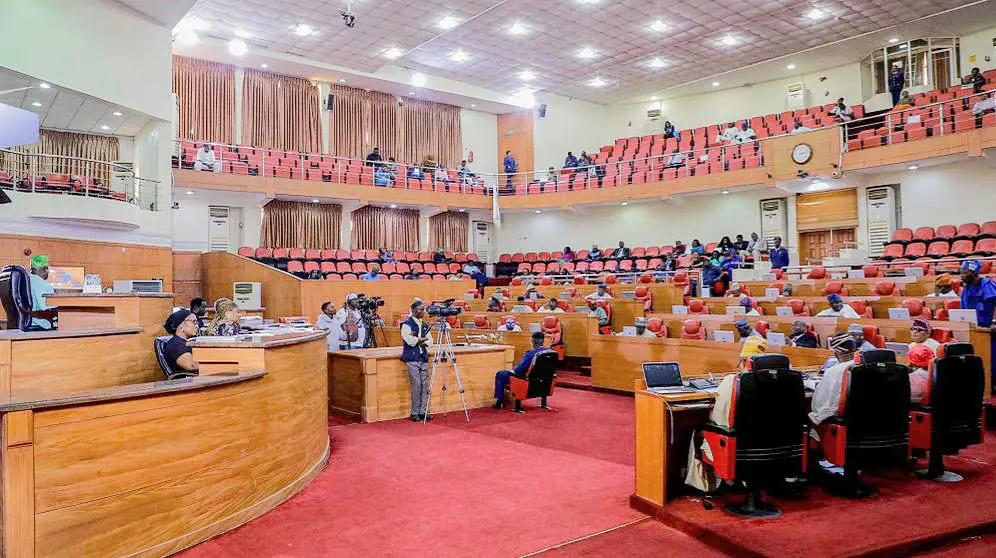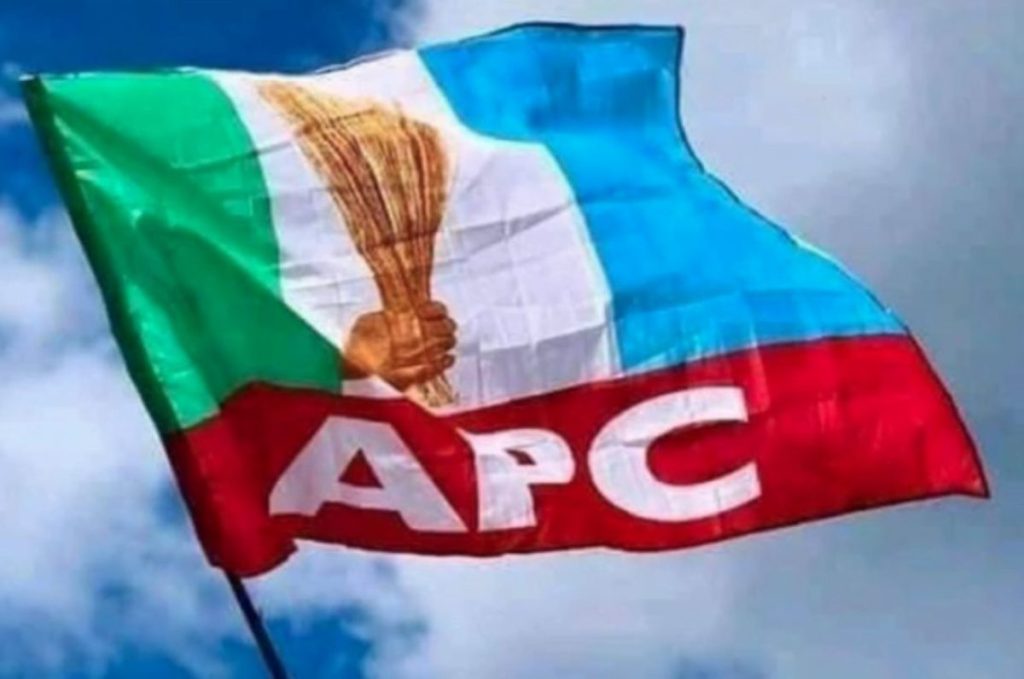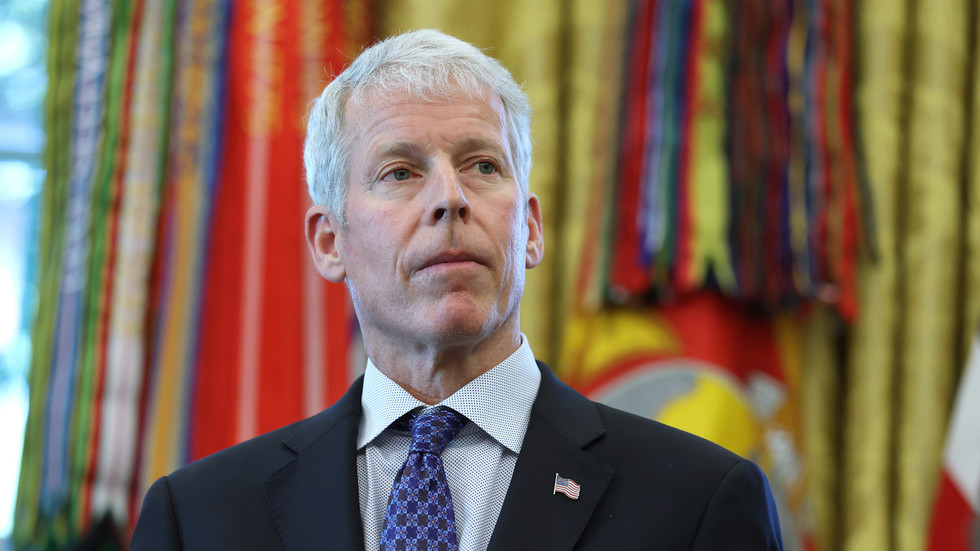The trial of Moussa Mara, former prime minister of Mali, commenced on Monday at the cybercrime court in Bamako, the country’s capital. Mara faces charges of undermining the state’s credibility, opposing legitimate authority, and inciting public disorder. These charges stem from comments he made on social media in July, following his visit to detained opposition figures in jail. In his social media post, Mara expressed solidarity with the detainees, referring to them as “prisoners of conscience” and stating that his visits aimed to ensure that “the flame of hope never fades in them.”
Mara, who served as prime minister for nine months about a decade ago, has recently become a vocal critic of the military government led by General Assimi Goita. The current government came to power after two coups in 2020 and 2021. Initially, General Goita was named transitional president in 2021, with a promise to hold elections the following year. However, in a significant turn of events, he dissolved all political parties in May this year, following rare anti-government protests. Furthermore, in July, Goita approved a law that grants him a five-year presidential mandate, renewable indefinitely without the need for elections.
Mara’s comments on social media were seen as a challenge to the military government’s authority. He stated, “As long as the night lasts, the sun will inevitably rise. And we will fight by all means to make that happen, and as soon as possible.” This statement has been interpreted as a call to action against the current government. The trial of Moussa Mara is significant, as it highlights the ongoing tensions between the military government and its critics. The outcome of the trial is likely to have implications for the political landscape in Mali, where the military has held power since 2020.
The situation in Mali has been closely watched by the international community, particularly given the country’s history of political instability and the recent moves by the military government to consolidate power. The dissolution of political parties and the approval of a law granting General Goita a renewable presidential mandate have raised concerns about the prospects for democratic governance in the country. As the trial of Moussa Mara proceeds, it will be important to monitor the developments and their potential impact on the political situation in Mali. The international community will likely be watching closely, given the implications for democracy and human rights in the region.



